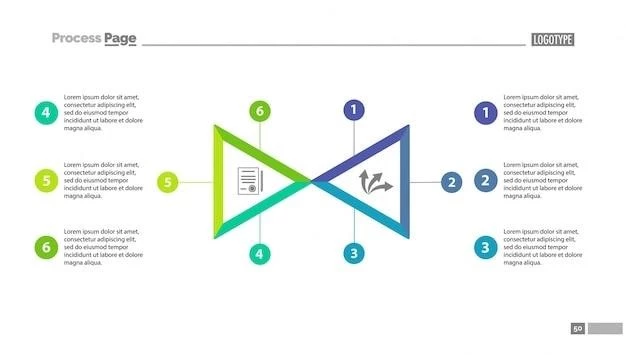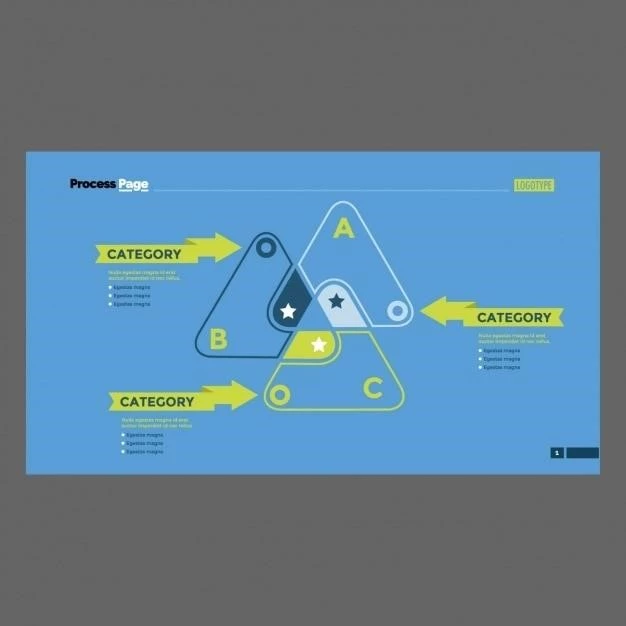Trintellix, also known as vortioxetine, is a medication used to treat major depressive disorder in adults. It belongs to a class of drugs called serotonin modulators. Trintellix works by restoring the balance of serotonin in the brain, which helps improve mood, energy levels, and feelings of well-being.
It’s important to take Trintellix exactly as prescribed by your healthcare provider. Do not increase or decrease the dosage without consulting your doctor. Trintellix can be taken with or without food, usually once daily.
Before starting Trintellix, inform your doctor about any other medications you are taking, as there may be interactions. Some common side effects of Trintellix include nausea, constipation, and vomiting. These side effects usually improve over time as your body adjusts to the medication.
Trintellix is not approved for use in children. If you experience any serious side effects such as mood changes, suicidal thoughts, or unusual behavior, seek immediate medical attention.
Overall, Trintellix can be a beneficial treatment option for individuals with major depressive disorder. It’s important to follow your doctor’s recommendations and attend regular follow-up appointments to monitor your progress and adjust the treatment plan if needed.

Trintellix⁚ Side Effects Explained
Trintellix, like any medication, can cause side effects. Common side effects of Trintellix may include nausea, constipation, vomiting, and decreased appetite. These side effects are usually mild and temporary, improving as your body adjusts to the medication.
If you experience severe or persistent side effects, contact your healthcare provider. In some cases, side effects like allergic reactions, changes in mood, or thoughts of self-harm may occur. Seek immediate medical help if you experience any of these serious side effects.
It’s important to take Trintellix exactly as prescribed to minimize the risk of side effects. Avoid abruptly stopping the medication without consulting your doctor, as this can lead to withdrawal symptoms. Regularly discussing any side effects with your healthcare provider can help in managing them effectively.
Remember that the benefits of Trintellix in treating major depressive disorder generally outweigh the potential side effects. By working closely with your doctor and openly communicating any concerns or experiences you have with the medication, you can optimize your treatment plan for better outcomes.
Managing Nausea, Constipation, and Vomiting with Trintellix
If you are experiencing nausea, constipation, or vomiting while taking Trintellix, there are strategies to help manage these side effects. For nausea, try taking Trintellix with food or a full glass of water to help alleviate discomfort. Avoiding spicy or greasy foods may also help reduce nausea.
Constipation can be addressed by increasing your water intake, consuming fiber-rich foods, and staying physically active. Regular exercise and incorporating fruits, vegetables, and whole grains into your diet can promote regular bowel movements.
If vomiting occurs, ensure you are hydrated and consider taking Trintellix with a small snack. It’s important to stay well-hydrated and avoid triggers that exacerbate nausea and vomiting, such as strong odors or lying down immediately after eating.
Consult your healthcare provider if these side effects persist or worsen, as they can provide tailored advice to manage your symptoms. Remember to never adjust your Trintellix dosage or regimen without first consulting your doctor to ensure optimal management of side effects.
Trintellix vs. Generic Versions⁚ Differences and Considerations
When considering Trintellix versus generic versions of vortioxetine, it’s essential to understand the differences and considerations. Trintellix is the brand name for vortioxetine, while generic versions contain the same active ingredient but may have variations in inactive components.
One key consideration is the bioequivalence between Trintellix and its generic counterparts. While generics are required to be pharmaceutically equivalent to brand-name drugs, individual responses to them may vary. Some people may experience differences in how they respond to generics in terms of efficacy or side effects.
Another factor to consider is cost. Generic versions of vortioxetine are typically more affordable than brand-name Trintellix. Discuss with your healthcare provider the potential benefits and drawbacks of opting for a generic version based on your individual needs, including budget and treatment goals.
Your doctor can provide guidance on whether Trintellix or a generic version is the best choice for your specific situation. It’s important to communicate openly about any changes you notice when switching between brand-name and generic medications to ensure the continued effectiveness and safety of your treatment.
Trintellix and Major Depressive Disorder⁚ A Comprehensive Guide
Trintellix is a medication commonly prescribed for major depressive disorder (MDD), a mental health condition characterized by persistent feelings of sadness and loss of interest in activities. Trintellix works by increasing levels of serotonin in the brain to improve mood and alleviate symptoms of depression.
It’s crucial to follow your healthcare provider’s instructions when taking Trintellix for MDD. Consistent use and adherence to the prescribed dosage are essential for optimal treatment outcomes. Your doctor may adjust the dosage based on your individual response to the medication.
Trintellix is not a quick fix for MDD, and it may take several weeks to experience the full benefits. It’s important to continue taking the medication even if you start feeling better to prevent a relapse of depressive symptoms.
In addition to medication, therapy and lifestyle changes can play a significant role in managing MDD. Talk therapy, support groups, exercise, healthy eating, and adequate sleep can complement the effects of Trintellix in improving your mental well-being.
Always communicate openly with your healthcare provider about any concerns, side effects, or changes in your symptoms while taking Trintellix. Together, you can work towards managing MDD effectively and enhancing your overall quality of life.
Vortioxetine⁚ Mechanism of Action and Common Side Effects
Vortioxetine, the active ingredient in Trintellix, works by targeting multiple serotonin receptors in the brain. It acts as a serotonin modulator and reuptake inhibitor, enhancing the levels of serotonin available in the brain. This mechanism helps regulate mood and cognitive function in individuals with major depressive disorder.
Common side effects of vortioxetine may include nausea, constipation, vomiting, and decreased appetite. These side effects are usually mild and temporary, often improving as the body adjusts to the medication. It’s essential to discuss any persistent or severe side effects with your healthcare provider.
In addition to these common side effects, vortioxetine may also cause changes in sexual function, dizziness, or insomnia. If you experience any concerning or bothersome side effects while taking vortioxetine, inform your doctor for appropriate guidance and management strategies.
Understanding the mechanism of action of vortioxetine and being aware of potential side effects can help you navigate your treatment journey with Trintellix more effectively. By staying informed and communicating openly with your healthcare provider, you can work together to optimize your treatment for major depressive disorder.
